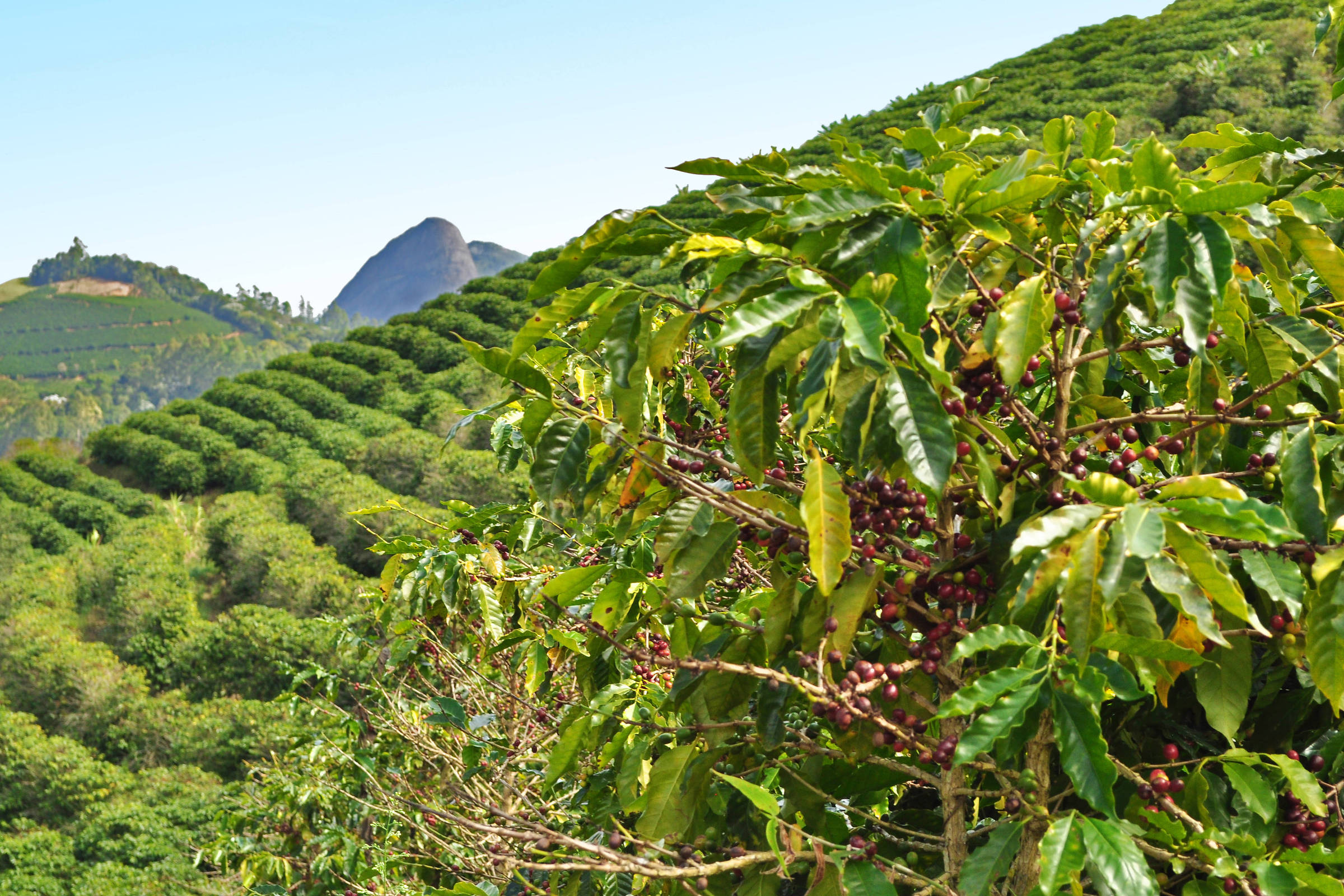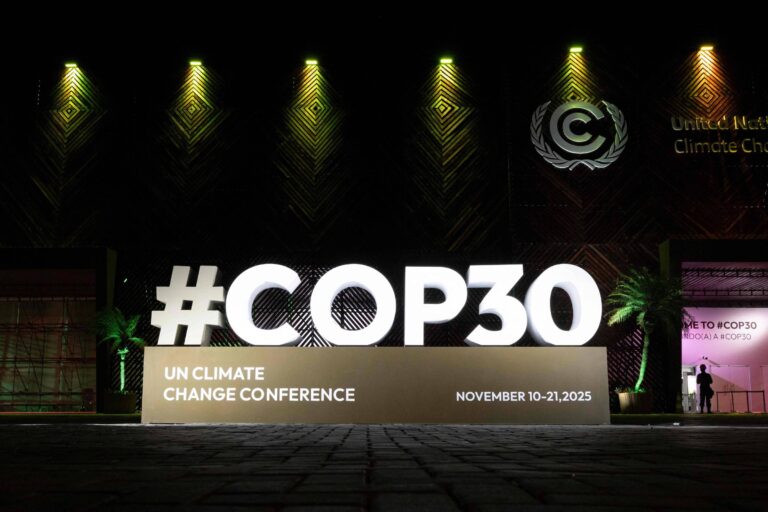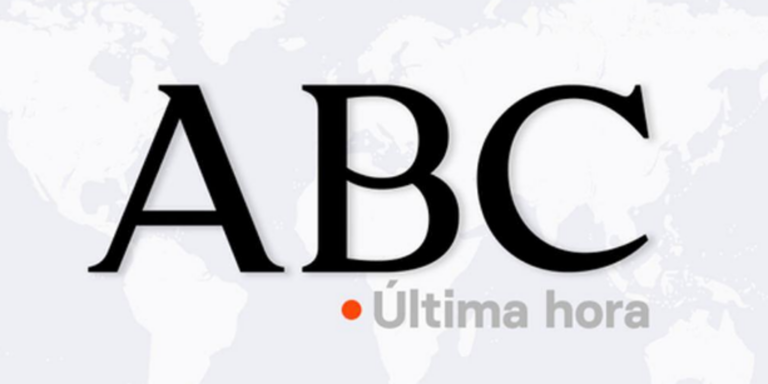
Brazil’s coffee industry has been hit by a series of harvests caused by bad weather, leading to an increase in projects focused on regenerative agriculture aimed at reducing greenhouse gas emissions.
JDE Peet’s, a world leader in coffee, announced a partnership with fertilizer manufacturer Yara to produce Conilon coffee with a lower carbon footprint in the states of Espirito Santo and Bahia.
JDE, which owns popular Brazilian brands such as Piran, will subsidize the purchase of low-emission fertilizer from Yara and provide inputs and technical assistance to producers participating in the project. Global supply giant Ofi will also participate in the initiative through training and technical support for farmers.
By using these low-emission fertilizers, companies expect to reduce the carbon footprint of green coffee by approximately 40% compared to systems using traditional fertilizers.
A total of 20 farms will initially participate in the project. The first commitment is valid until the next two harvests. The idea is to primarily support producers who cannot afford this type of control, which requires more expensive raw materials.
“Currently, production with decarbonized fertilizers has not yet penetrated the entire market, as changing the energy matrix involves additional costs. That is why we sought a partnership,” said Paulo Iván, Director of Nutritional Solutions at Yara Brasil.
The world’s largest coffee cooperative, Cooxupé (Guaxupé Regional Coffee Producers Cooperative), also purchased a batch of low-emission fertilizer from the Norwegian company.
The search for solutions that can contribute to reducing emissions was evident at the International Coffee Week, the largest event in this sector in Latin America, held in Belo Horizonte from November 5th to 7th.
NetZero, a green technology company that produces biochar, an input that can remove carbon from the atmosphere over the long term, was at the event and said demand from coffee producers for the product is increasing at an accelerating pace.
The coffee industry is under pressure to adopt regenerative methods after a series of crops were affected by extreme weather events, which are expected to become more frequent as the world warms.
Additionally, the COP30 (United Nations Conference on Climate Change) was held in Brazil just one week after the coffee industry’s biggest event, increasing demand for sustainable solutions.
In addition to environmental issues, the department sought to demonstrate its commitment to socially responsible coffee cultivation during an event in Belo Horizonte.
Nescafé has built a village where coffee producers from different regions can showcase their coffee and make it available to the public.
The 3corações Group, a leader in this field in Brazil, highlighted the Tolibos line grain grown by indigenous people on the Sete de Setembro indigenous land in Rondônia.
Meanwhile, in Europe, a Brazilian-owned coffee shop was named the best coffee shop in Portugal at the 2025 European Coffee Trip Awards. How About Coffee is located in Alois Parish and is a project by husband and wife team Tiago and Maira Silva. The Brazilian opened the store in 2019, just before the pandemic. European Coffee Trips is a publication specializing in coffee shop guides, with a recommended list of 230 cities across the continent.
The journalist traveled at the invitation of International Coffee Week.
Link exists: Did you like this text? Subscribers can access it for free up to 7 times a day from any link. Click on the blue “F” below.



